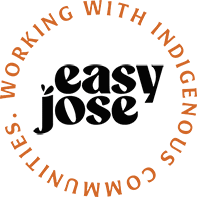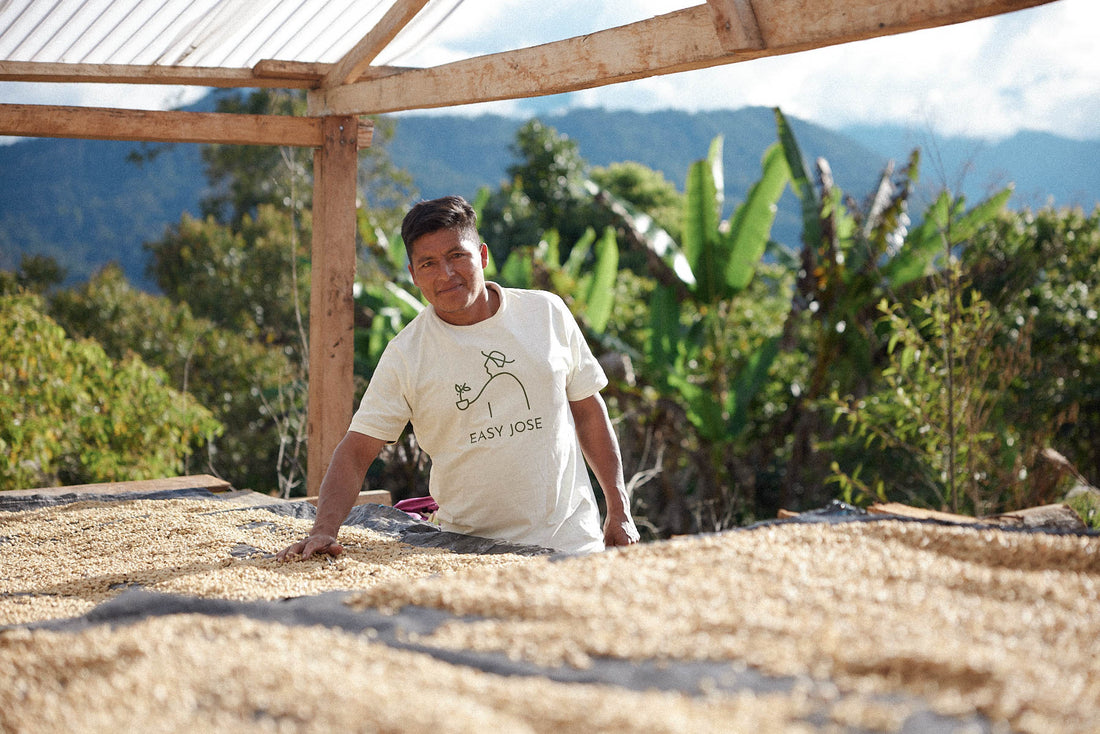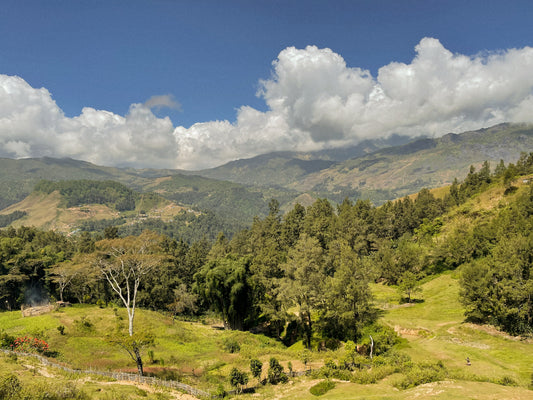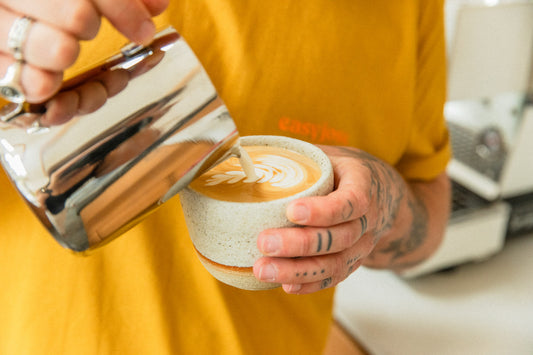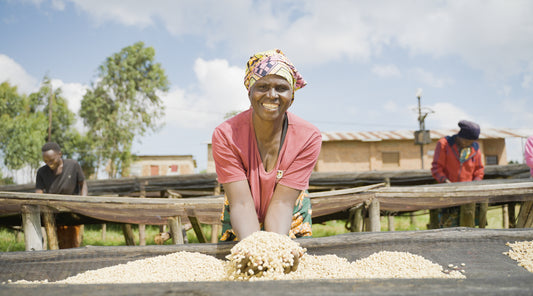Farmers in all industries across the world face many, many challenges. This includes, but is not limited to, poverty, climate change, deforestation, vulnerability to diseases, working conditions, lack of trade transparency, and volatile market prices. Organisations such as Fairtrade aim to combat these challenges for the farmers in order to improve standards socially, environmentally and economically.
What is Fairtrade?
The fairtrade scheme is one that looks to put people back at the heart of trade. Developed in 1992, Fairtrade was a response to a group of Mexican small-scale coffee farmers who persistently appealed for more fairness within their trade, due to their struggles after the world coffee prices collapsed in the 1980s.
From its very roots, the Fairtrade certification aimed to certify products that cover the costs of coffee farmers’ means of production, in order to provide them with a more sustainable future.
Fairtrade means ‘workers’ rights, safer working conditions and fairer pay.’ Farmers who pay for the certification are guaranteed a minimum price that can never fall below market level, alongside a premium to invest in their communities for a more sustainable future.
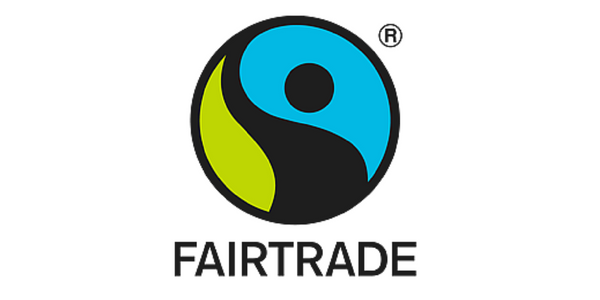
Fairtrade and Coffee
This is how Fairtrade works in the coffee industry - Farmers who belong to overseas producer cooperatives are paid at least $1.40 per pound of non-speciality parchment, regardless of whether or not the market price drops below this number.
If the market price rises above this, say, the current price of $2.39, they are simply paid that number instead. A ‘premium’ is also added on top of this, which is around $0.20.
The Problem with Fairtrade
Many studies have outlined how despite how well-intentioned the arrangement is, there are some glaring problems that demonstrate how it can sometimes fails, to the detriment of the farmers.
Some of the poorest farmers may not actually benefit from the scheme. A publication from Fairtrade revealed that only 10% of the coffee marketed with Fairtrade is grown in the poorest coffee growing countries, such as in Ethiopia or Tanzania. Research from Colleen Haight shows that, on average, the price required to receive the fairtrade certification is not offset by the benefits of participating.
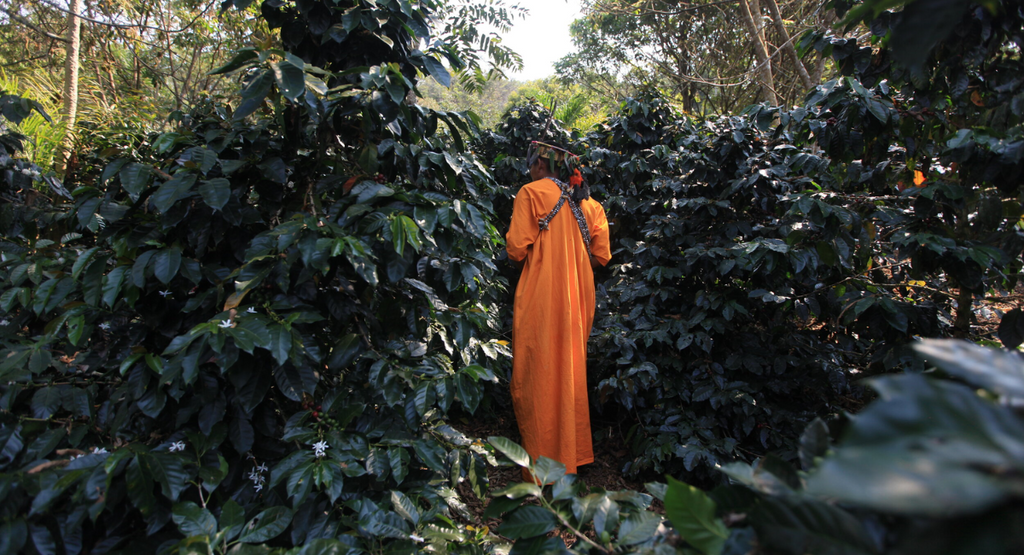
With the ‘premium’ added to the payment, whilst meant to be invested into social and economic community investments, the actual spending has been described as ‘vague at best’. In a Stanford Social Innovation Review, it was found that a lot of these funds were actually spent on coffee cooperatives’ buildings and salaries, rather than on things such as schools.
Essentially, the fair-trade system is inefficient at transferring coffee consumers' goodwill to producers. On top of this, the benefits are not actually accessible to all producers and farmers. Evidence suggests that other efforts, namely direct trade with buyers who establish both first-hand and long-term relationships with the farmers, would be more meaningful and effective.
Fair Trade Marketing
Sometimes, the certification of fairtrade may only relate to the raw materials, and not the entire production. This can lead to the misleading of consumers as the whole supply chain has not been considered despite the product being slapped with a seemingly all-encompassing fairtrade certification.
Upon being picked, coffee crop goes through many steps which vary depending on the multiple types of processing, which can involve many people along the way, all before they reach the buyer.
Furthermore, studies from the likes of Amanda Berlan have suggested that marketing campaigns surrounding fair trade products portray western consumers and companies as heroes and saviours, and propose that the farmers are grateful and dependent. This is destructive and demonstrates imperialism.
What are the alternatives to Fairtrade?
So what can you do? At Easy Jose Coffee, we have committed to paying 30+% above the production costs to the communities that grow our coffee. This ensures that our partners can cover all their costs whilst also being able to invest in a better, more sustainable future. Importantly, this will be to the benefit of our rainforests too, as our partners can grow coffee through harnessing biodiversity around them, without the need for slash and burn.
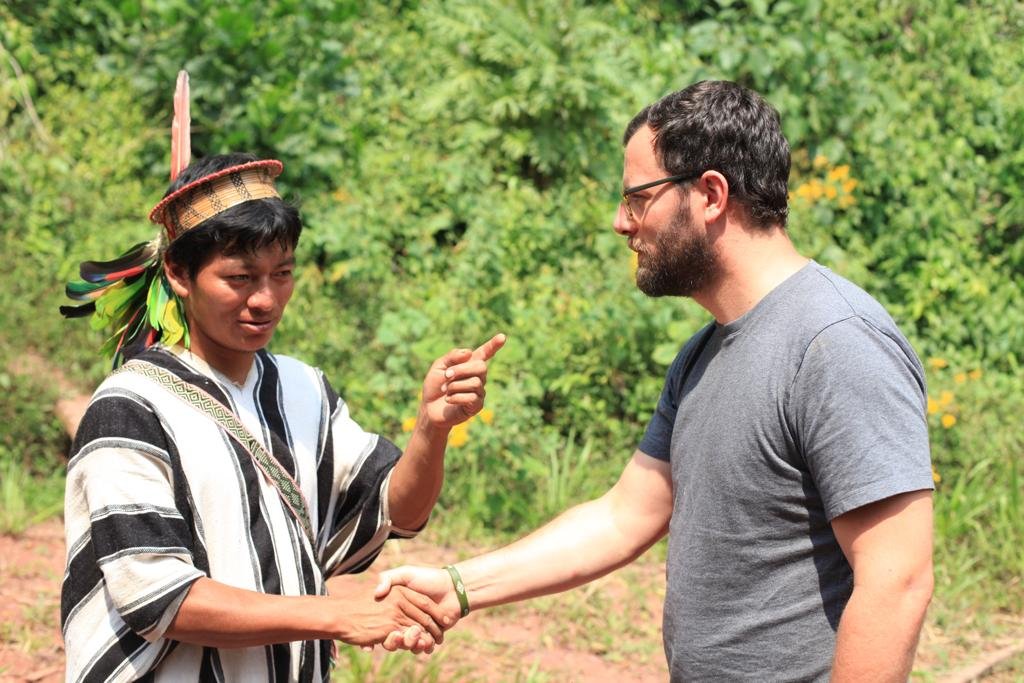
This is a long-term commitment, as we intend to leave a positive legacy and infrastructure that will benefit the future generation of coffee farmers.
Relationships like what we have with the Mayni for example, are few are far between in the coffee industry. Fair Trade Certified noted that ‘many brands advertising direct trade coffees have never visited their producers in person’ or just ‘don’t have a relationship with their coffee producers’ at all.
We must work towards impacting the supply chain in a more positive way, and change how our industry operates. The coffee industry needs to change its entire structure, in order to best impact everyone involved.



